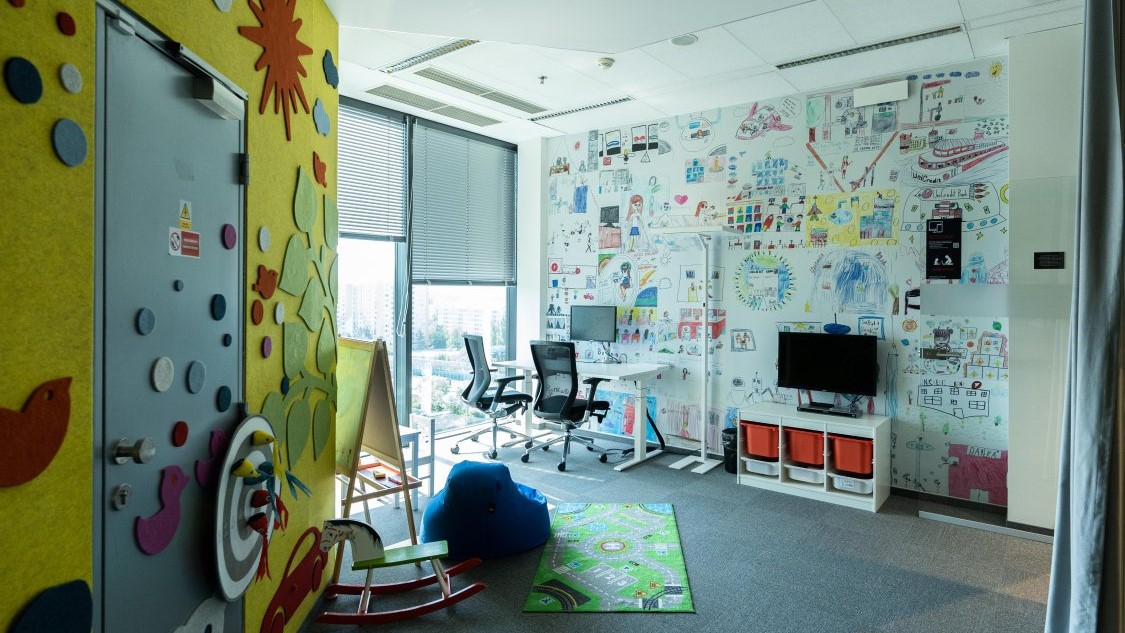
After two years of the pandemic, every fourth woman is considering leaving the labour market, says a study by the McKinsey Global Institute. According to Colliers, this can be prevented and easily reversed by the employer by adjusting the working environment and conditions or by investing in the employee's reskilling. It is necessary to consider as such an exodus of women from the group of productive employees would weaken the Czech labour market.
Two years of pandemics have changed the perspective of many women on their career lives. According to a study published by the McKinsey Global Institute, 25% of working women considered quitting their jobs and leaving the labour market. The demanding reconciliation of personal and work lives during the pandemic often led to extreme exhaustion and in many cases even burnout. Such an exodus of women would have fatal consequences, especially in the Czech Republic.
Specification of the Czech labour market
The Czech labour market is impacted by a long-term shortage of applicants, across almost all sectors. The current unemployment rate is 3.1%, which - according to the latest available Eurostat data - represents the lowest value in the entire European Union. At the end of June, employers offered a total of 319,408 job vacancies through the Czech labour office, and there are an average of 0.7 job seekers per job vacancy in the Czech Republic. The demand for workers thus still exceeds the supply, and the departure of such a number of women from the Czech labour market would be fatal. There are currently almost 3,100,000 women of working age. A quarter of them represents 775,000 women.
How to prevent women to leave
According to Colliers experts, the scenario of women quitting their job can be prevented for example by offering reskilling courses and adjusting working conditions. Thanks to digitization and new technologies, a huge number of new jobs are created that allow greater flexibility, remote access, and better reconciliation of personal and work lives. These positions can represent a chance and an opportunity for women who are now considering leaving. “As a part of this transformation, it is also necessary to evaluate what can be offered to people in positions that will no longer be needed, and how to reskill them within the company,” explains Jana Vlková, Director of Workplace Advisory at Colliers.
Companies should also adapt their offices for training activities and provide space for the effective development of their employees. “The Covid-19 era has shown us that the effect of online distance training is very limited, and the physical transfer of information, experience, and knowledge is more suitable and effective for employees. This is also one of the reasons why companies should keep their offices,” says Jana Vlková and adds that their function and equipment need to be adjusted so there is a possibility of not only standard individual work but also of meetings in smaller and larger teams, which will have quality facilities available.



